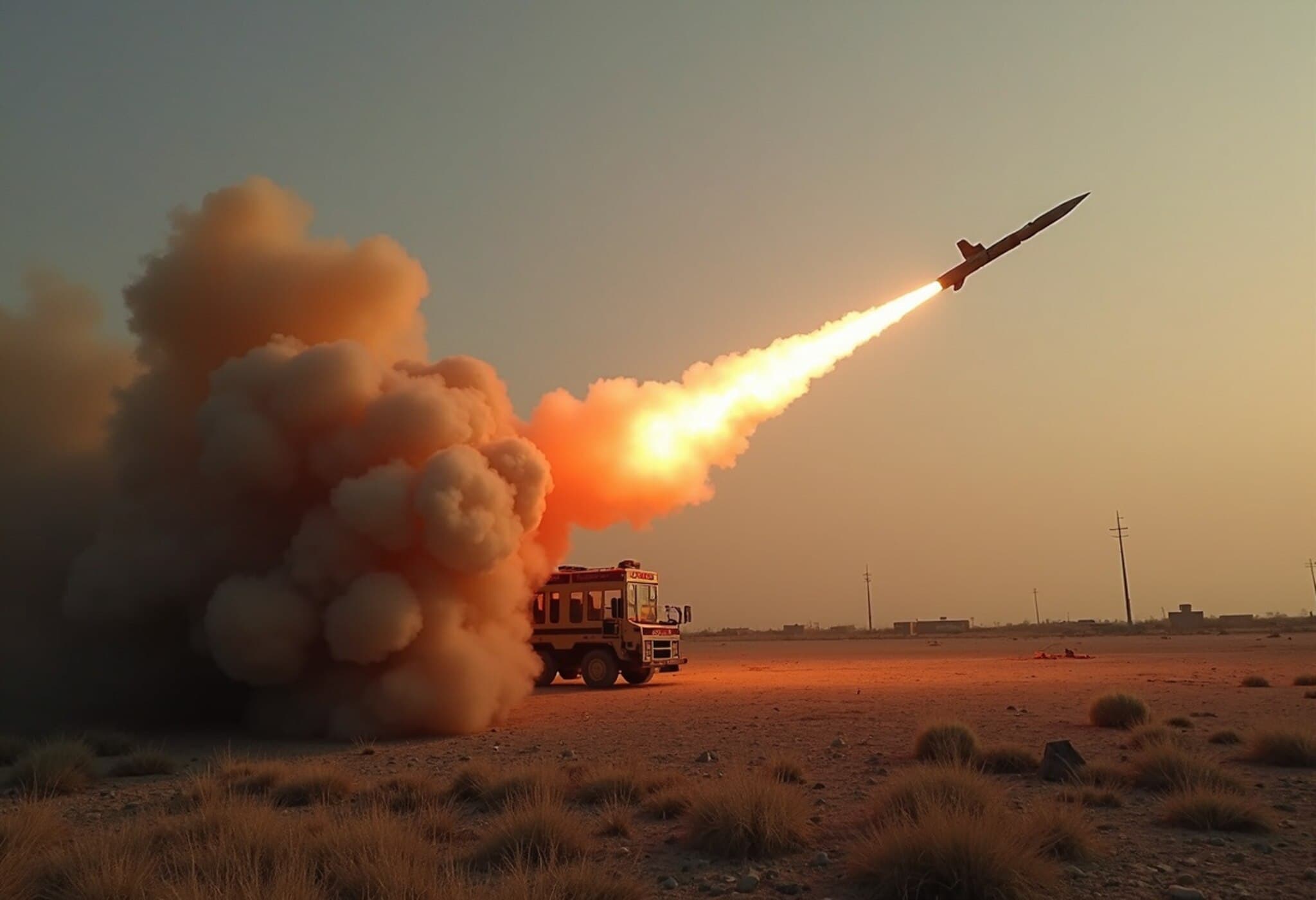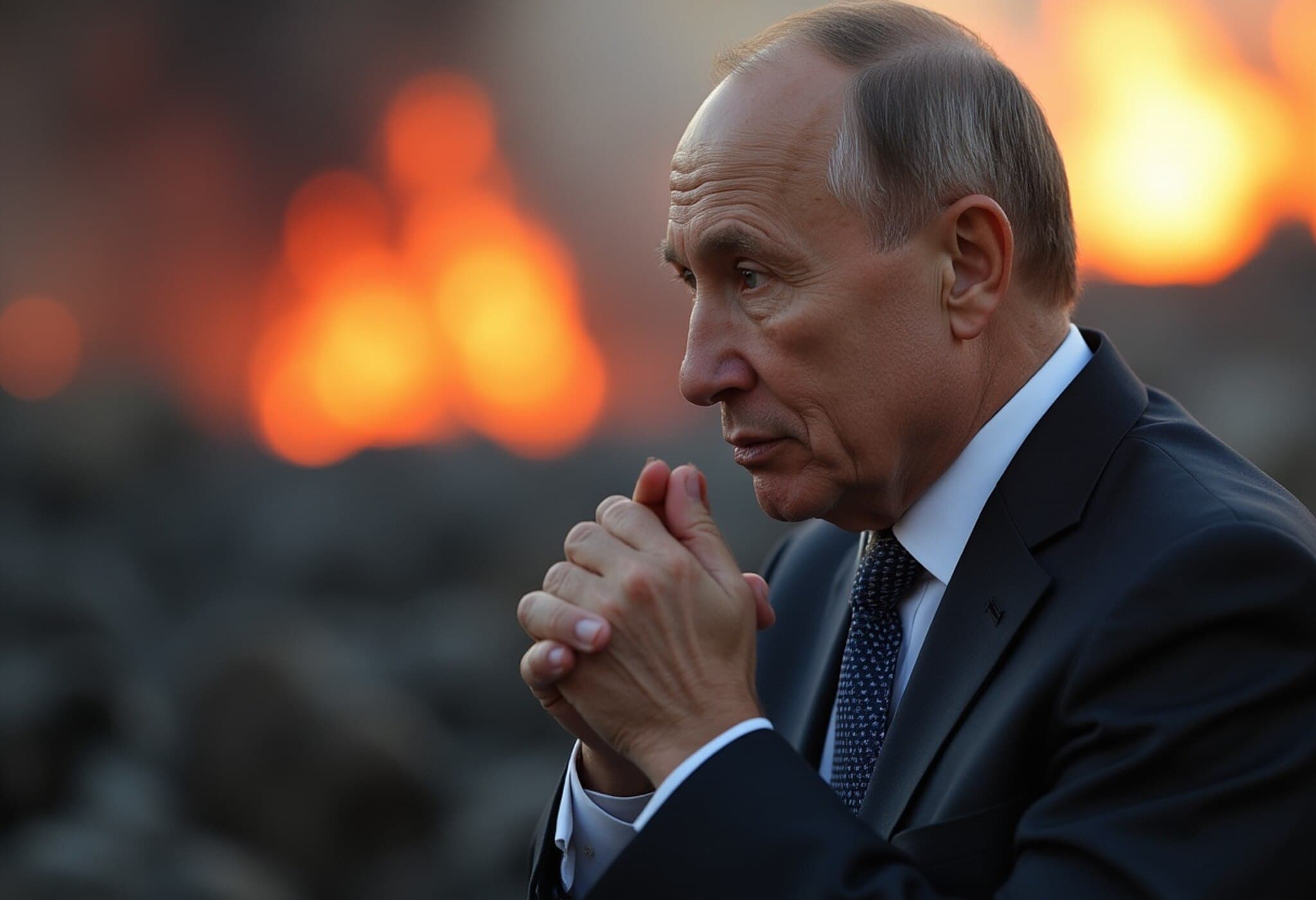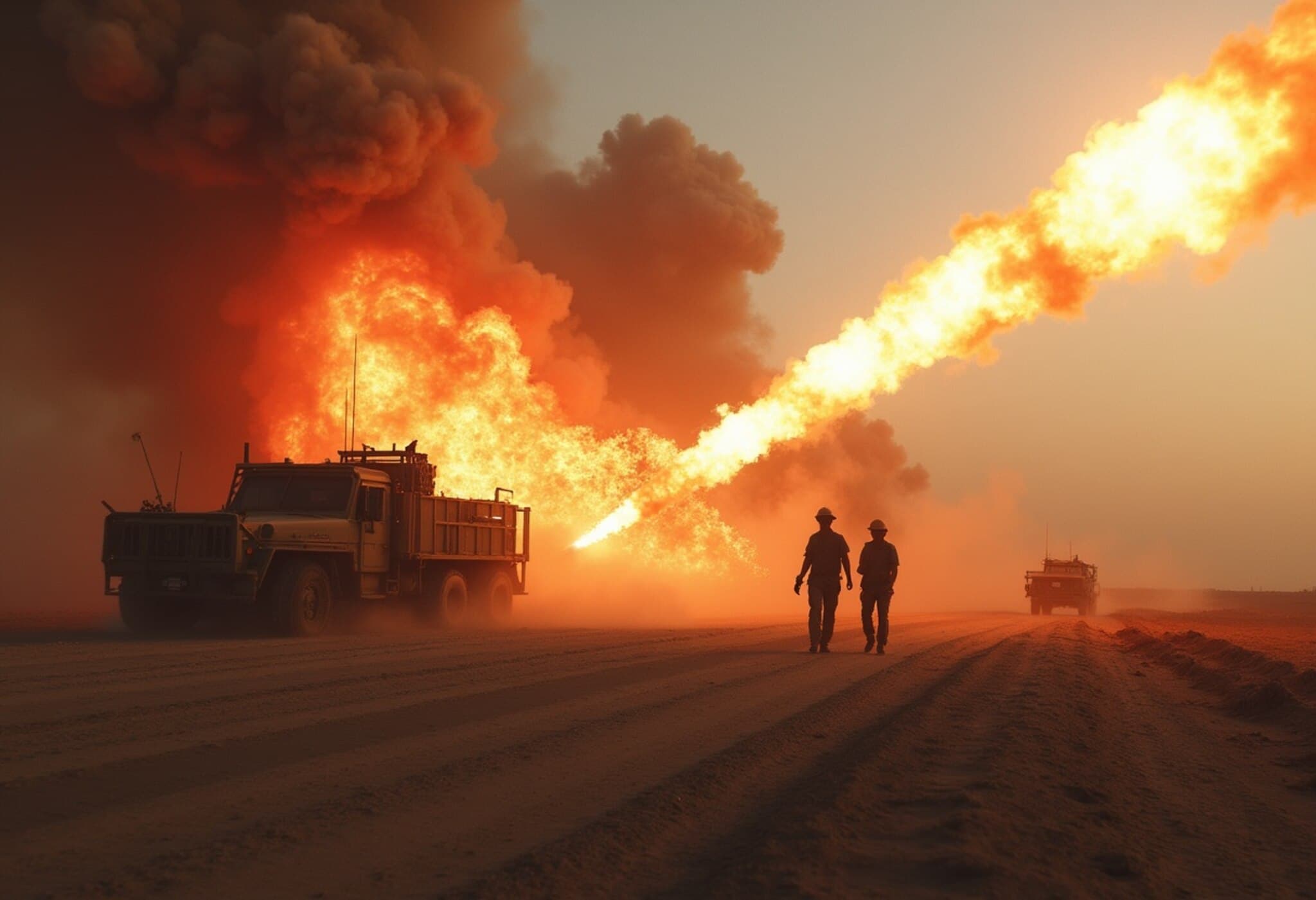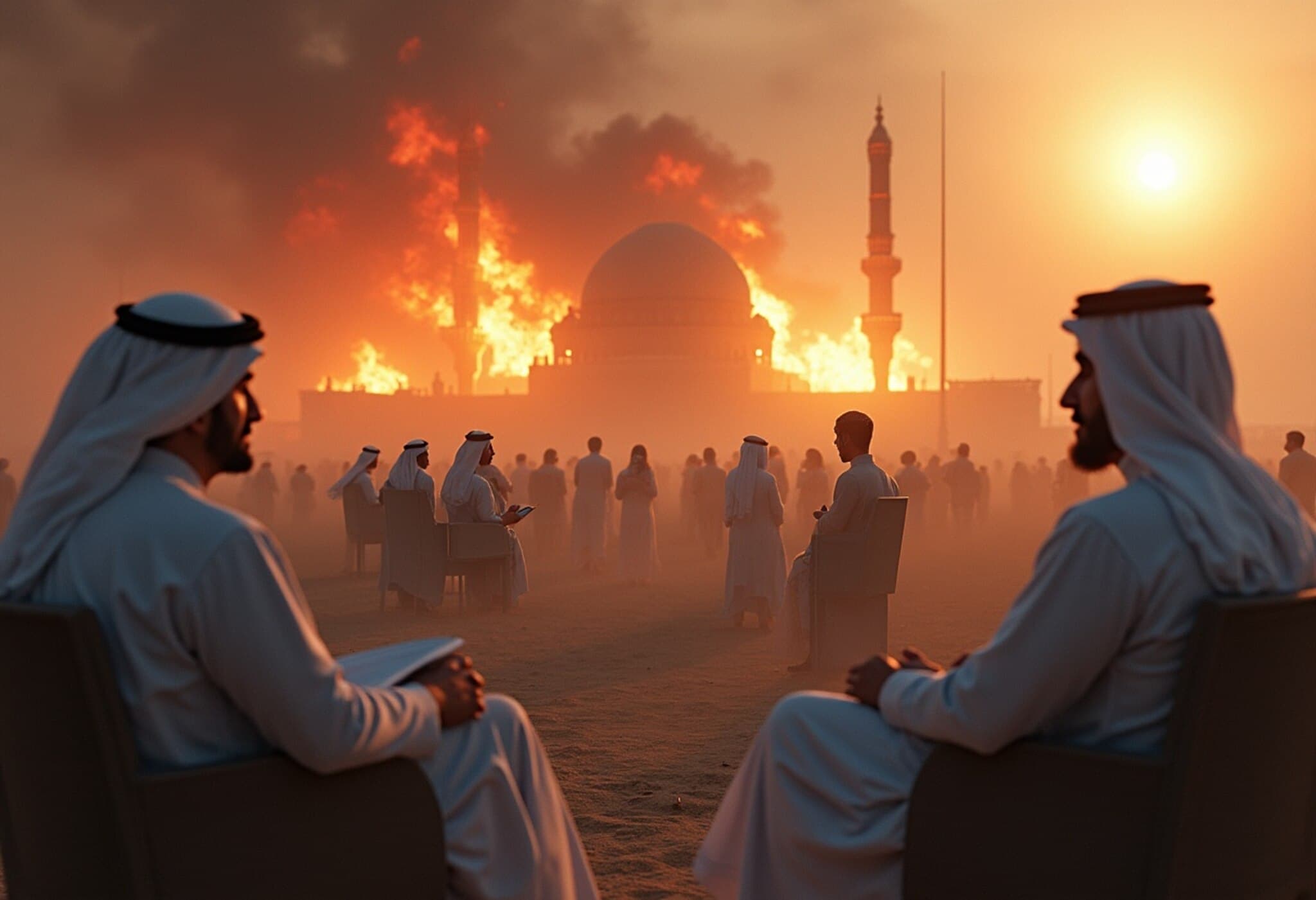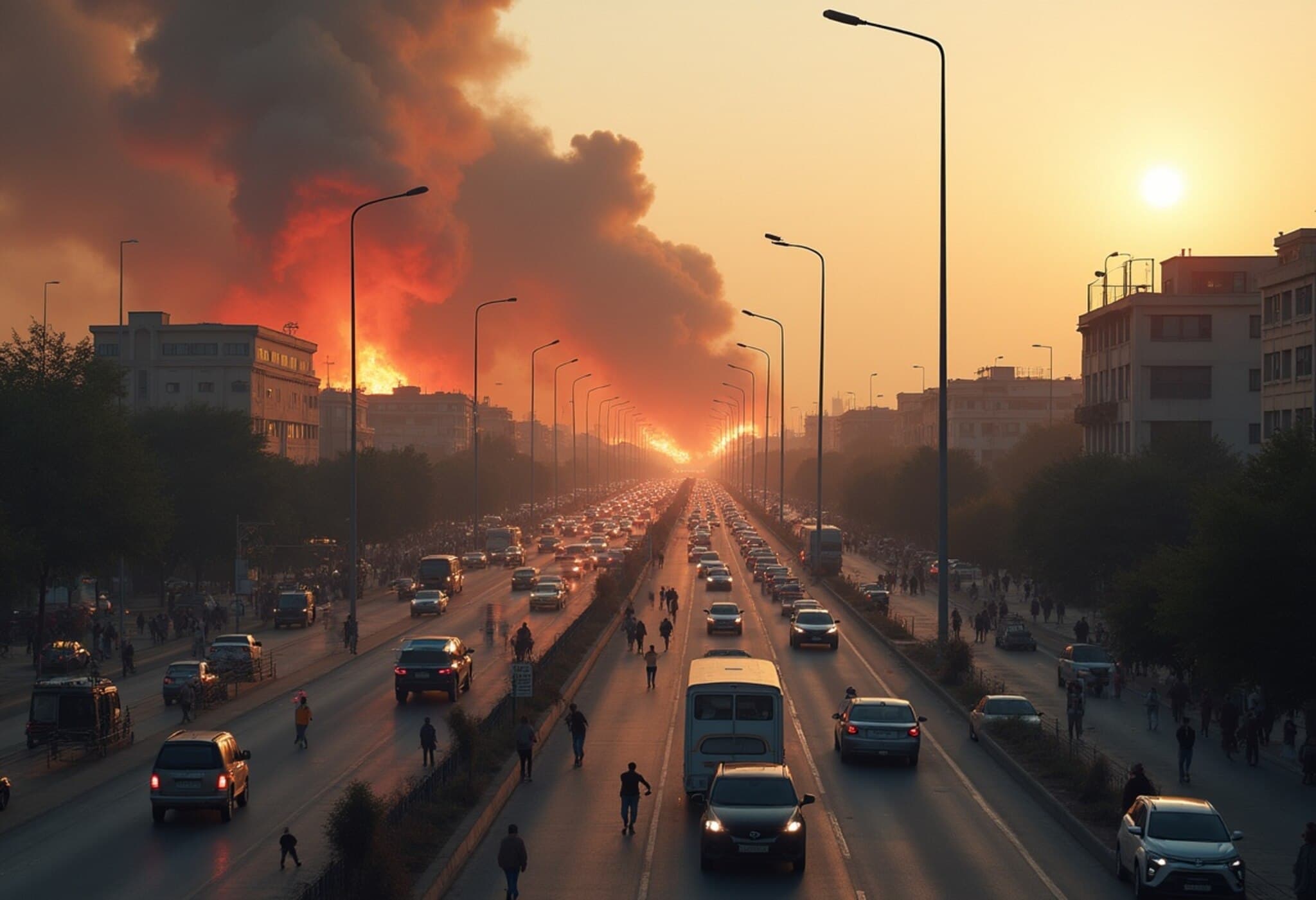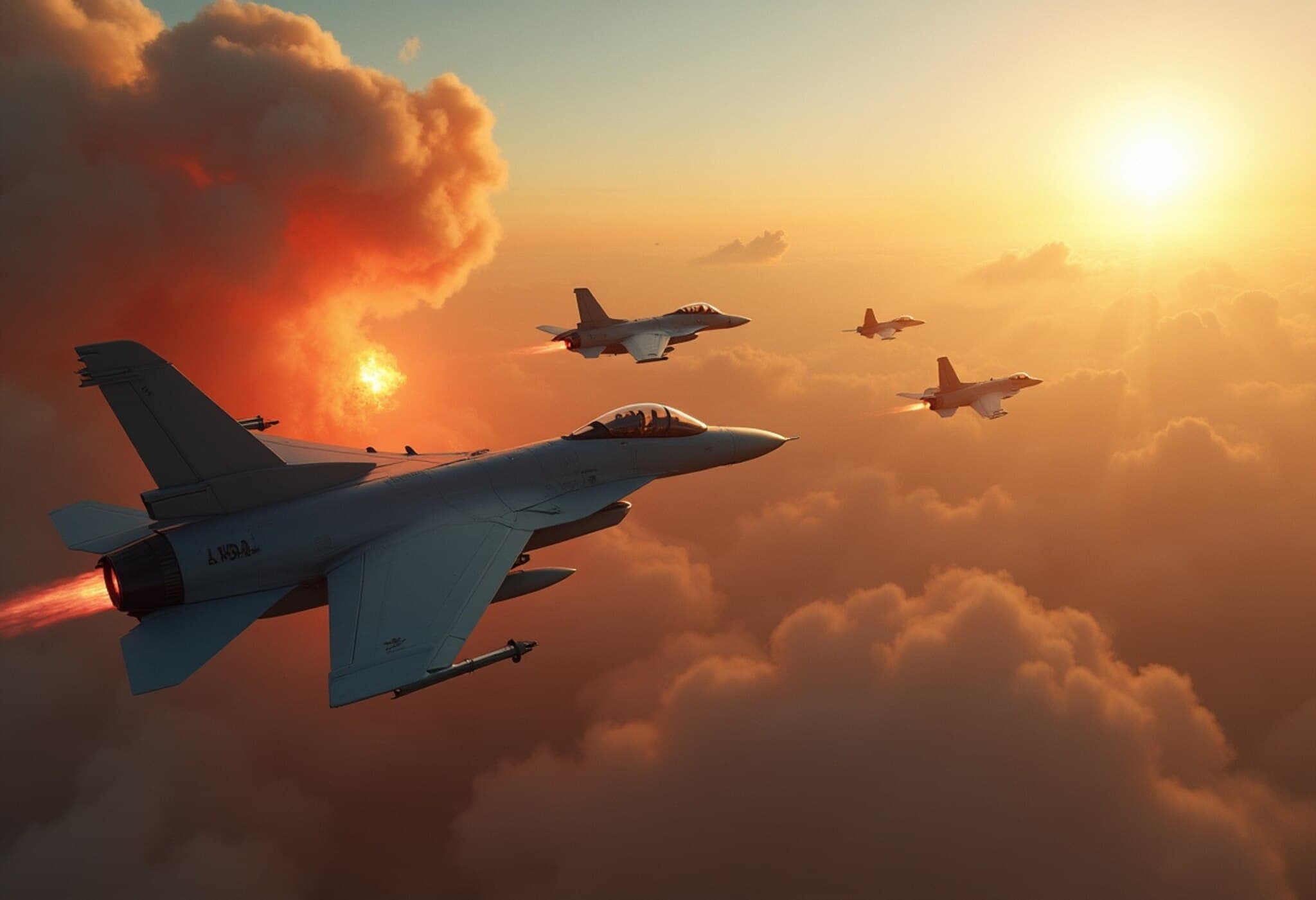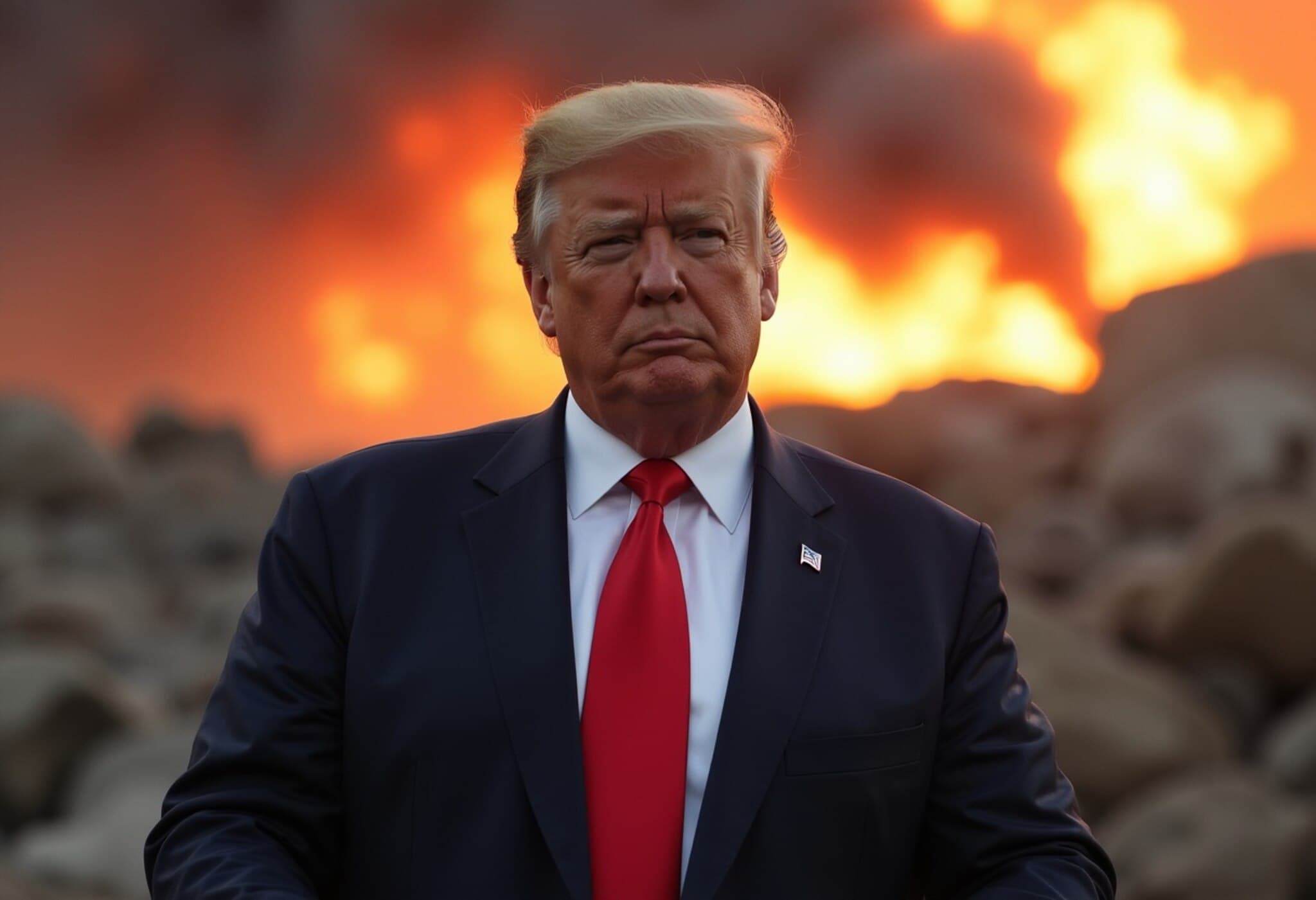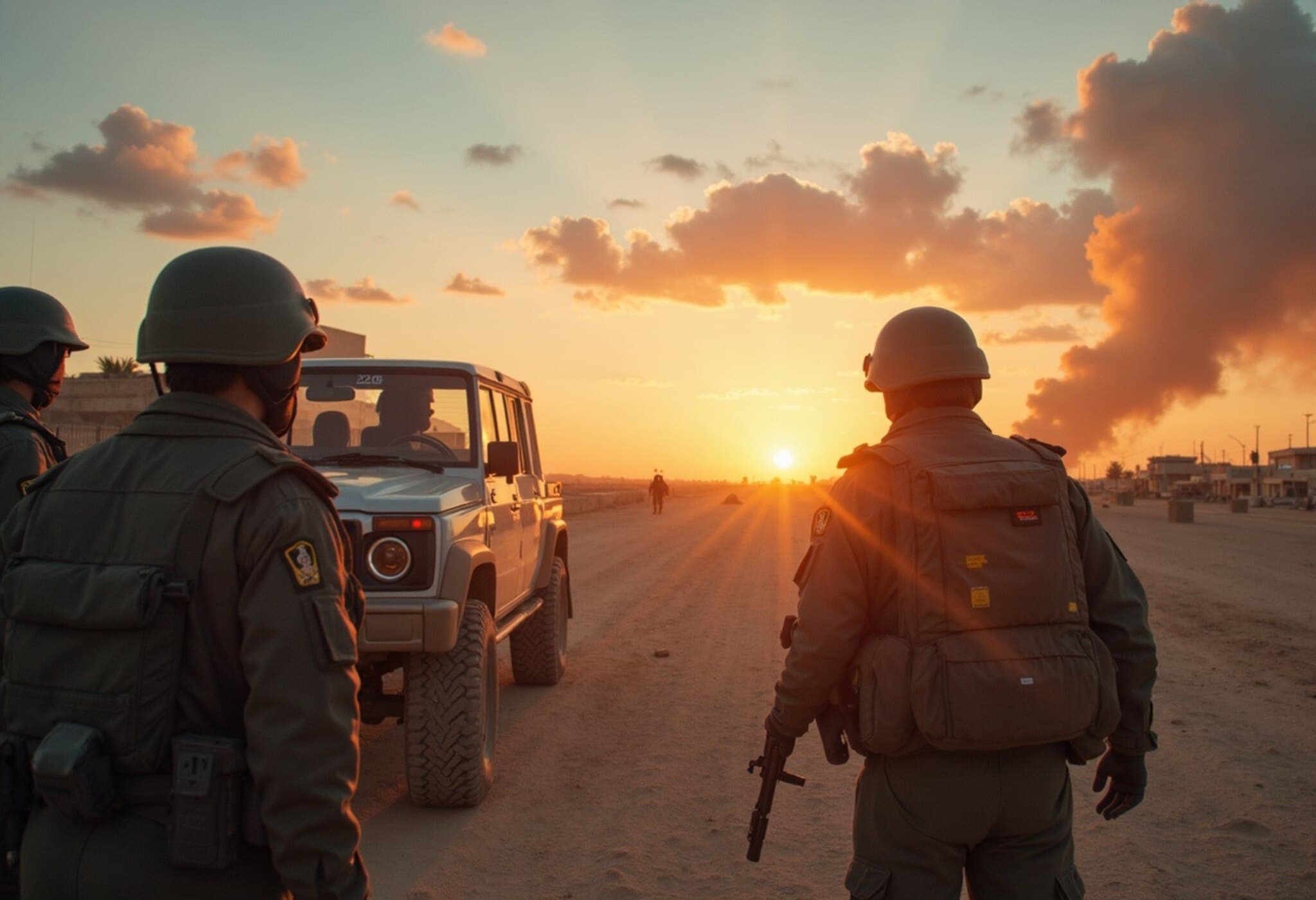Pakistan Signals Nuclear Retaliation Against Israel Amid Rising Tensions
In a striking recent statement, a senior Iranian military official revealed that Pakistan has pledged to retaliate with nuclear strikes if Israel uses nuclear weapons. Mohsen Rezaei, a prominent member of Iran's Islamic Revolutionary Guard Corps (IRGC) and National Security Council, conveyed this message during an interview broadcast on Iranian state television.
"Pakistan has assured us that if Israel launches nuclear missiles, it will respond with nuclear weapons," Rezaei emphasized, highlighting a grave escalation in regional hostilities.
Can Pakistan's Shaheen-III Reach Israeli Targets?
At the heart of this nuclear posturing lies Pakistan’s Shaheen-III missile, a long-range ballistic missile with an estimated reach of 2,700 kilometers. This range suffices to cover any location within Israel, including major cities like Tel Aviv.
While Pakistan has not officially commented on the operational deployment of Shaheen-III, defense analysts recognize the missile as an active component under Pakistan Army's strategic command arsenal. Despite this military capability, no formal Pakistani government statement has confirmed a willingness to use nuclear weapons against Israel.
Pakistan’s Strong Political Backing for Iran
Beyond military assurances, Pakistan has mounted robust diplomatic support for Iran amid ongoing Israeli military actions. On June 14, Pakistan’s Defense Minister Khawaja Asif addressed the National Assembly, urging Muslim nations worldwide to stand united against Israel’s perceived aggression.
- Asif warned that Israel’s strikes were not limited to Iran but also endangered Yemen and Palestine.
- He called on Muslim countries maintaining diplomatic ties with Israel to sever these connections immediately.
- He further urged the Organization of Islamic Cooperation (OIC) to convene promptly and formulate a unified strategy to counter Israel.
- He reassured Pakistan's close relationship with Iran and pledged ongoing support at international platforms.
Pakistan's Leadership Reaffirms Solidarity
Prime Minister Shehbaz Sharif echoed these sentiments during a phone conversation with Iran's President Masoud Pezeshkian. He condemned Israel’s recent attacks threatening Iranian sovereignty and regional stability. The Prime Minister called for urgent global intervention, including from the United Nations, to de-escalate the conflict.
"Pakistan remains committed to fostering peace and protecting the interests of its regional neighbors," he affirmed.
Regional Conflict Intensifies Amid Strikes and Retaliations
The backdrop to these developments is the ongoing exchange of military strikes between Israel and Iran. Recent Israeli airstrikes have targeted Iranian nuclear and military sites, provoking missile retaliations from Iran. Both sides report casualties amid the escalating conflict.
Undisclosed Iranian Capabilities Add to Uncertainty
Rezaei also hinted at Iran’s possession of undisclosed military tactics and capabilities not yet revealed to the public or international observers. This veiled warning adds an element of unpredictability to an already volatile geopolitical landscape.
What Lies Ahead?
With Pakistan’s bold nuclear assurances coming to light, the Middle East faces renewed fears of a wider nuclear confrontation. As tensions simmer, the international community watches closely, hoping for diplomatic resolutions to prevent catastrophic escalation.

